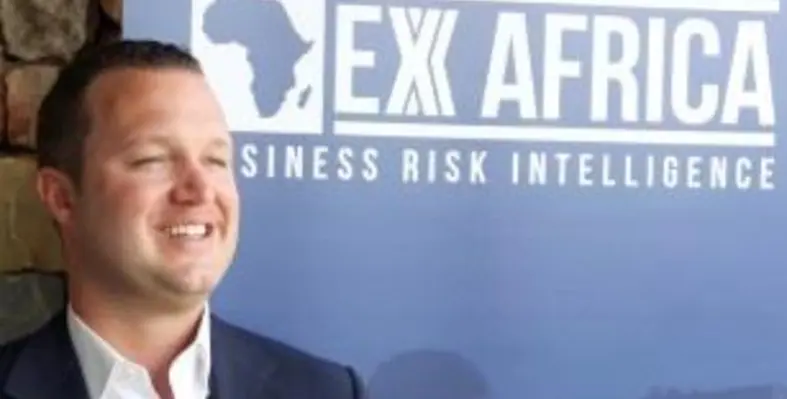Robert Besseling, executive director at EXX Africa, has forecasted on political, security and economic risk across all African countries
At the October meetings, the IMF and World Bank stressed that slowing economic growth was the most serious challenge for African countries this year.
The Fund has cut its growth forecast for Africa from 3.2 per cent in 2019, down from 3.5 per cent in April. Small diversified markets like Rwanda are performing well, but many large resource-dependent countries are struggling in the current economic climate. As a result, the IMF warns that some sovereigns will struggle to service their debts. Kenya already spends a third of government revenue to service its loans, while Nigerian debt servicing is eating up two-thirds of revenues. Both countries are set to borrow even more in the coming years.
While public debt as a percentage of GDP has stabilised around 55 per cent, slow growth and falling government revenues are the new challenges facing many African governments. The IMF is preparing to intervene in the worst-performing regions. In Central Africa, all six CFA currency users will soon be committed to an IMF programme. In southern Africa, the Fund is due to begin negotiating credit facilities with long side-lined distressed economies like Zambia and Mozambique.
Meanwhile, governments are trying to tackle slowing growth in different ways. Kenya’s president is adamant on lifting an interest rate cap that has shrunk private sector lending. Nigeria and other West African states will hold off on further Eurobond issuance, while South Africa will try to spend its way out of trouble. Finance Minister Tito Mboweni just announced that the government’s debt will rise from 60.8 per cent this year to over 71 per cent in the coming three years in order to bail out the country’s cash-strapped state-owned enterprises.
Africa’s debt binge is far from over, but it is shifting from expensive and unsustainable Eurobonds to more local currency borrowing and concessional lending. Whether this strategy works will determine the political and economic outlook for the continent.












